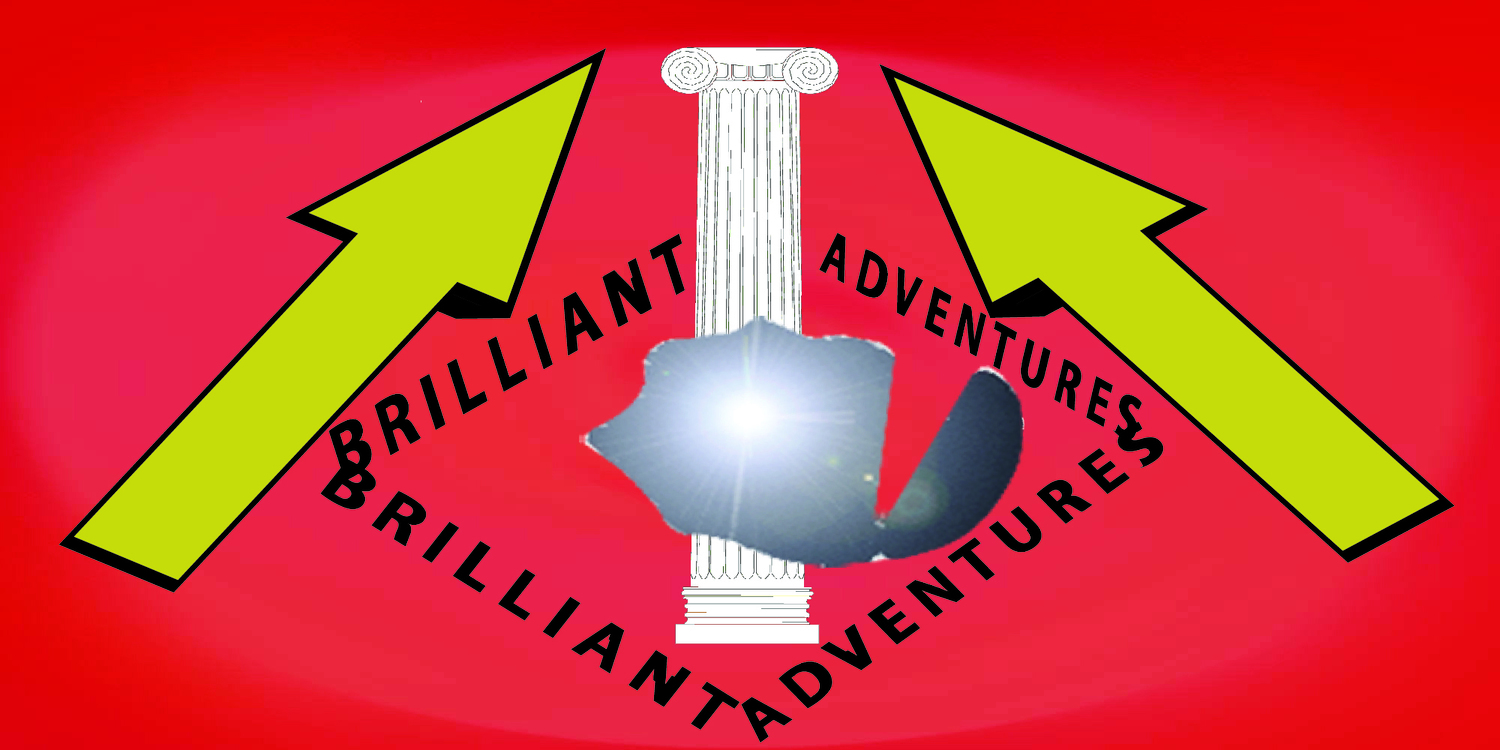Does the world really need yet another space exploration movie given all the woes worth discussing upon earth? If so, is cinema director icon Ridley Scott (Blade Runner, Alien - a somewhat checkered career since) the human to argue that case for a life outside the blue planet?
Most space flics have tended to adopt the Hollywood Western as their trope. The lone human forging a new world surviving all odds, surmounting the need (perhaps) for revenge perhaps turning a merry band of like minds to his cause against the evil doers. One could be cynical positing that Ridley Scott’s new film The Martian is little more than one long feel-good promo for NASA. Tough to knock any promo for NASA, though, given the increasingly vast government expenditures on arms and human surveillance.
Alas, The Martian is somewhat disappointing. It isn’t Lawrence of Arabia on Mars (and Dariusz Wolski’s ever awesome - remember when that word meant something? – isn’t/doesn’t enhance in 3D-perhaps in IMAX?), nor a red planet Gravity, nor following in the existential footprints of Interstellar. Unfair comparisons? It’s a tough world out there; most folk having less and less time to sit through a movie.
The tale of Andy Weir’s book is well told. A freak Martian storm forces the Hermes ground exploration team of 2035 to abandon the mission. One guy gets hit by an antenna, his crew forced to leave him for dead. Cut to Oklahoma on Mars, a beautiful morning and astronaut Mark Watney (Matt Damon) awakes with metal in his suit and belly (the congealing wound conserving his oxygen). Alive and well, the movie tracks Watney’s ingenious methods of survival that would make earth’s wayward inventors and organic greenies leap over the moon. This is where the film earns its stripes. Damon creates a Mark Watney whose only concern is the ‘daily round’ of existence: sharp, funny, intensely engaging and oftentimes quite moving. He records everything on vid-cam-75% of the film almost documentary in that sense. It’s all about human resourcefulness without the hector/lecture. Is Damon’s acting good? Well: he is simply being on camera and that’s as good as it gets for an actor. (Guessing that’s why crazy smart people like astronauts want to go out into space instead of acting in movies;)
Ridley Scott and his cast clearly cared about this movie. Painstakingly researched with the support of NASA, one sits enthralled by the details, afterwards almost wishing to quit your day job and apply to NASA! To say any more would be a spoiler alert. The supporting cast is exactly that and good as they are one could argue they are reduced to playing stereotypes with little intrigue of their own. Drew Goddard adapted the novel and the ‘laugh lines’ are drôle. So is the choice of soundtrack songs. It’s a great holidays film. We’ll never escape the vicissitudes and frustrations of our planet and yet for the best of us it’s our very adherence to being human rather than robotic that makes us Martians. Liking or at least raising a smile when we hear the music Abba wafting through space.
Less uplifting of human goodness and spirit (arguably) is this year’s Cannes Festival Grand Jury Prize winner (it won a big prize, forget the pecking order) Son of Saul about the Sonderkommando Jews of concentration camps. Quite why Sony Picture Classics is releasing this Stateside Dec 18 before Dec 25th is strange. (UK release, April 2016-Artificial Eye) Maybe Jews feel they should suffer also over Christmas whilst Gentiles do. (sorry- too much Jackie Mason in my life). Mi dispiace…
Hungarian director László Nemes’s debut film is a gruesome elegy intoned from the tiny light in one man’s soul Saul (Geza Rohrig) whilst all those around him inhabit the cavernous darkness of our souls. The ‘daily round’ for the Jewish Sonderkommando in WW2 is finding valuables in clothing then moving the gassed bodies “pieces” to the incinerators then shoveling the ashes in the river or pits. In return, these Jews are kept alive longer and given slightly enhanced rations. Saul happens upon his dead son and his extra ‘daily round’ becomes preserving the body and finding a Rabbi to chant the Kaddish before burial. Not easy. Almost everything in the film is a close-up of Saul in this endeavor with much of the background out of focus. We hear the story (intentional sound design) with a constant tinnitus in our ears of the furnaces. The detail of Nemes’s method is akin to Robert Bresson “Make visible what, without you, might perhaps never have been seen.” As if someone followed Saul around with a hidden camera phone (though the film is murkily shot in 35mm).
Remember that dude Jon Stewart (The Daily Show). Well: last heard, he was winging it down to NASA to apply for the astronaut programme. Jon. Jon. What happened? How did you end up on TV again? All you had to do was text us and we'd gladly have advanced you the Amtrak fare. Hey? Don't want a XMas tree for cheap do ya? Just text. All will be well.



